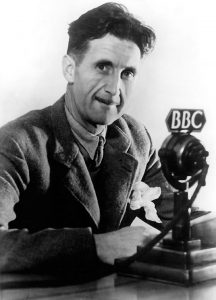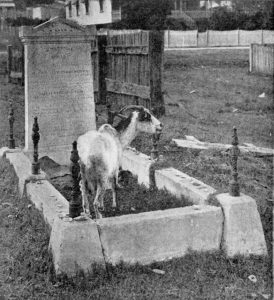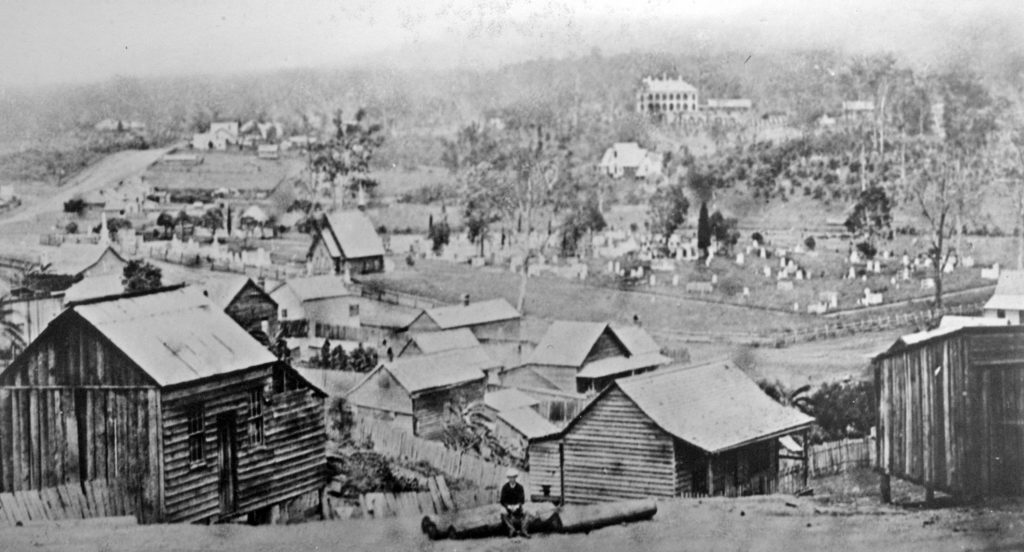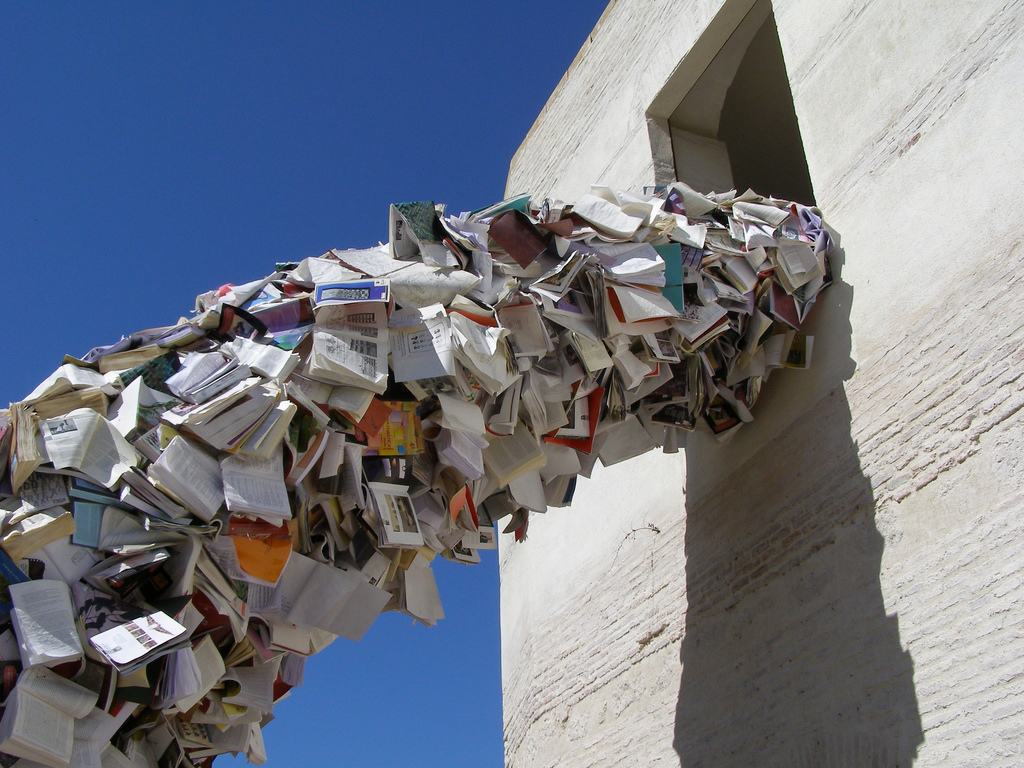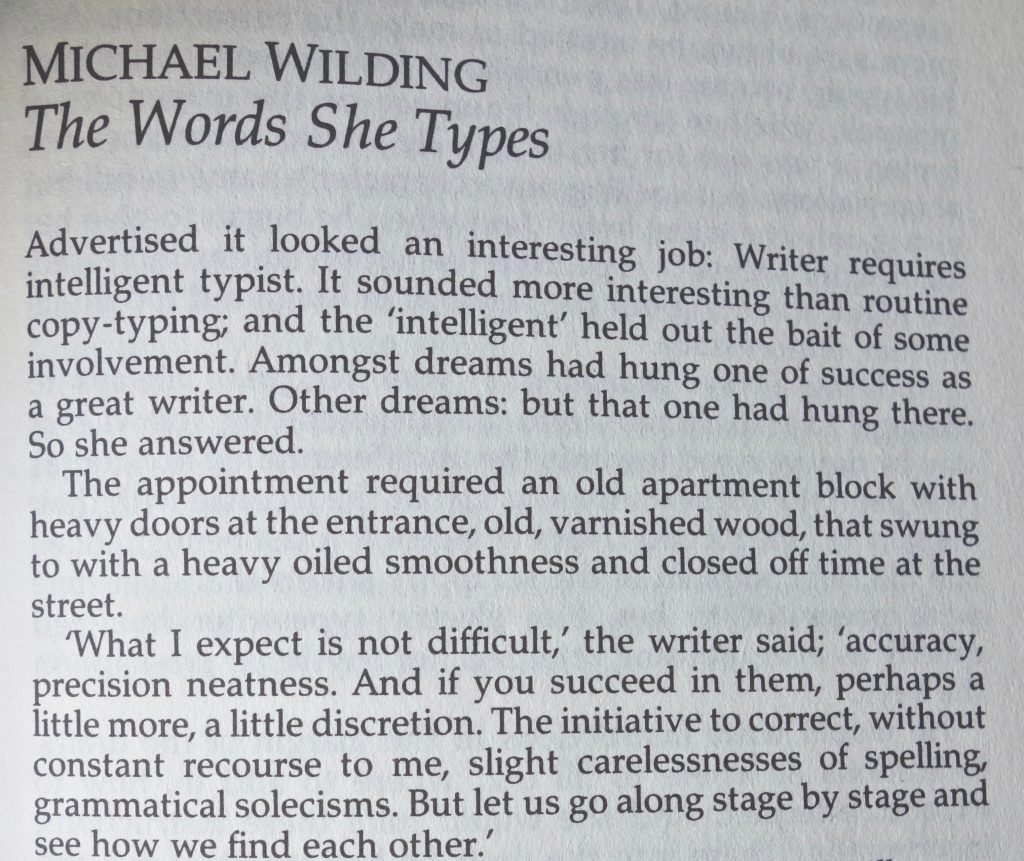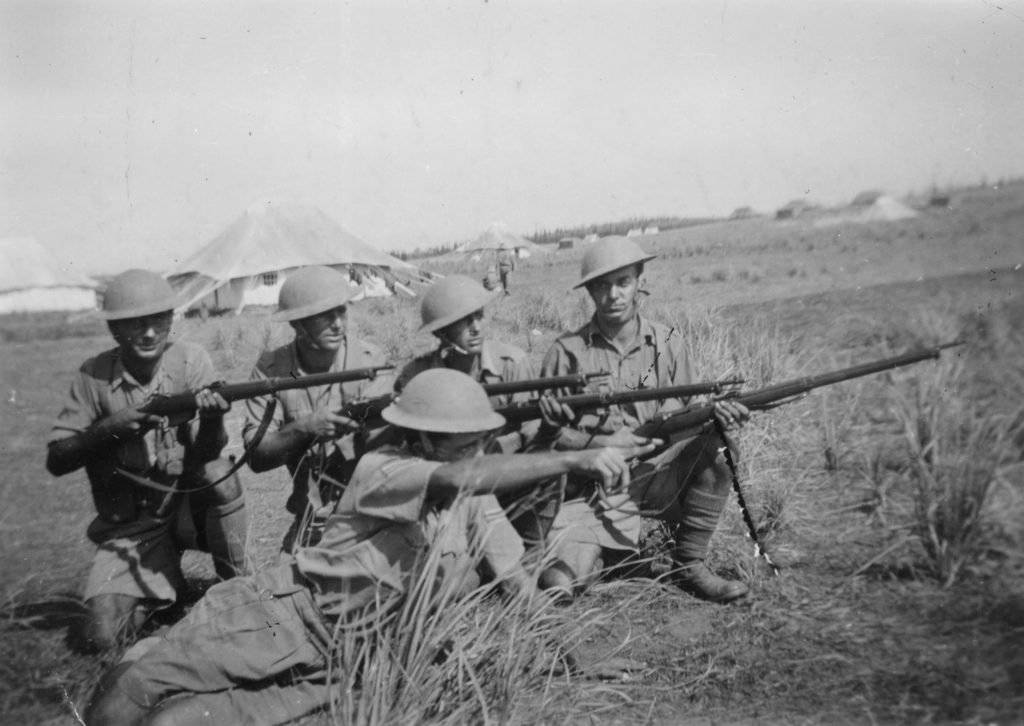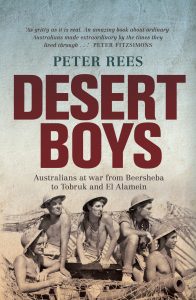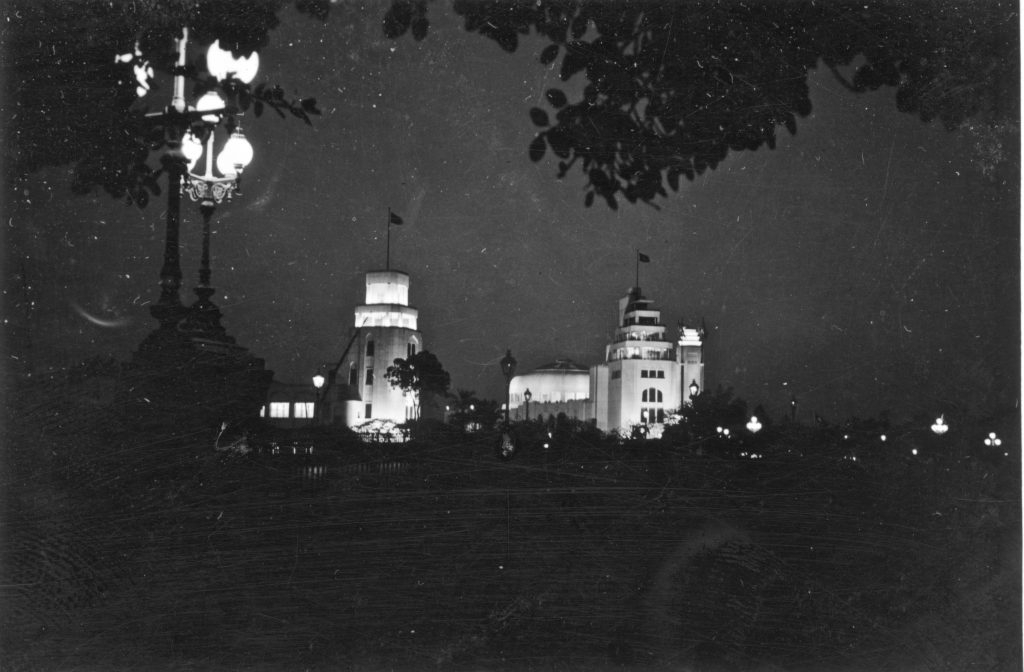I am Patrick, a sinner, most unlearned, the least of all the faithful, and utterly despised by many.
Opening line of St Patrick’s Confession, translated from the Latin by Ludwig Bieler, 1950.
Today is St Patrick’s Day, 17th March, so I looked up St Patrick’s Confession and was surprised to learn in these very first words that he was ‘utterly despised’. And sad as this is, the worst is the last line: ‘This is my confession before I die.’
How hard his life must have been, to have reached its end and written a confession of faith that reveals he had spread good news but was despised, utterly despised. Still, this was Patrick’s belief about himself, and if he was so repugnant then his life story must have been rewritten to make a saint of him within 150 years, by the 7th century AD.

My interest is in the various translations of that first line. The following examples are available on the Internet, though undoubtedly there are many more. The words ‘utterly despised by many’ shocked me, for all I knew of St Patrick was that he did good deeds and was therefore, I assumed, liked. Yet we can all see the word ‘contempt’ glaring at us from within the original Latin phrase:
Ego Patricius peccator rusticissimus et minimus omnium fidelium et contemptibilissimus apud plurimos…
The other three translations I found did not have the same impact.
On www.confessio.ie, the English for contemptibilissimus apud plurimos is rendered ‘I am looked down upon by many.’ Simple and straightforward.
On www.whatsaiththescripture.com, it is ‘most contemptible to many’. Close to contemptibilissimus, but lacks the loathing of ‘despised’.
On bbc.co.uk/religion, it is ‘for many people I am the most contemptible’. Similar to the previous example but twice the words.
And of course there’s now Google: ‘in many contemptibilissimus’. Not very helpful.
*
I never had a thing for St Patrick until, as a consequence of family history research last year, I met a first cousin once removed (i.e. my mother’s cousin), born on St Patrick’s Day, 17th March, daughter of an Irish Catholic. Her middle name is Patricia in honour of the saint. She’s 91 today! My own name is Patricia, and I too am the daughter of a Catholic mother who chose that name. I’m now wondering…
*



